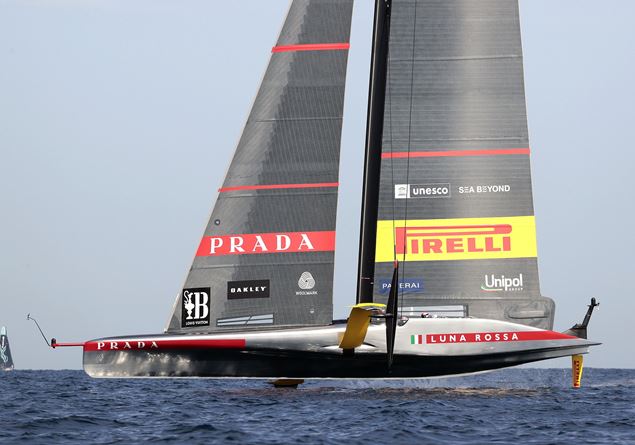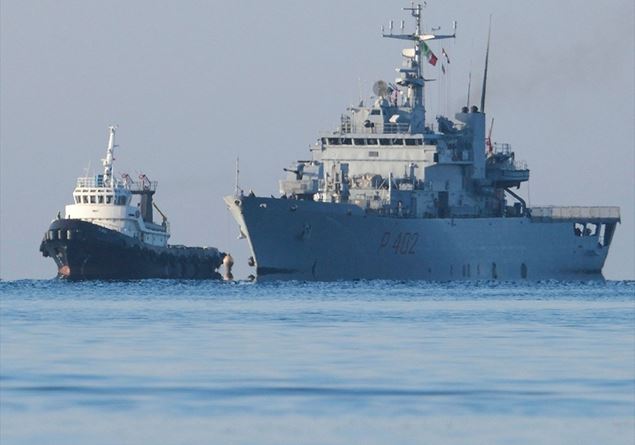
by Lorenzo Rossi
Luna Rossa is not a sailboat. It is an idea, an obsession that reawakens our ancient instinct for challenge, that desire to get involved even when the battle seems lost from the start. The America’s Cup, a remote, noble and for many incomprehensible competition, has managed to glue millions of Italians in front of the television, as if it were a soccer World Cup final. And not for the sake of technical detail, which escapes most, but because it reminds us who we are. Or rather, who we would like to be.
Sailing, if you look closely, is not a mass sport. It is made of fine woods, of polished sails, of impalpable winds and invisible routes, almost a philosophical discipline rather than a physical one. And yet, Luna Rossa has managed to transform it into an epic event. Why? Because it embodies that all-Italian feeling of challenging the impossible, the pleasure of facing giants like Team New Zealand or the Americans of Oracle, knowing that fate is never favorable.
Ultimately, Luna Rossa is not just a boat. It is a flag. It is Italy that wants to compete with the giants of the sea, a country that, as in every other field, dreams of emerging despite its thousand defects. And here is the point: sailing becomes the perfect theater for this representation of the eternal struggle between the small Italian David and the global Goliaths. And we, as a people, let ourselves be enchanted. Not because we expect to win – we know well that victory is rare, almost utopian – but because in that duel, in that titanic challenge, we see our history reflected, made of bold attempts and painful defeats.
The spectacle of the America’s Cup, seen on television screens, almost takes on the flavor of a 19th-century adventure novel. The sea, vast and unpredictable, the wind blowing like a divine hand, and those men of ours hanging from the shrouds like modern gladiators. There is no need to understand the technical jargon, the jibes, the tacks or the upwind angles. It is enough to see their faces, tense, concentrated, as if every maneuver were a matter of life and death. And it is, in a certain sense. Because for us Italians, accustomed to losing all the important battles, even just the possibility of playing it out until the end is already a victory.










